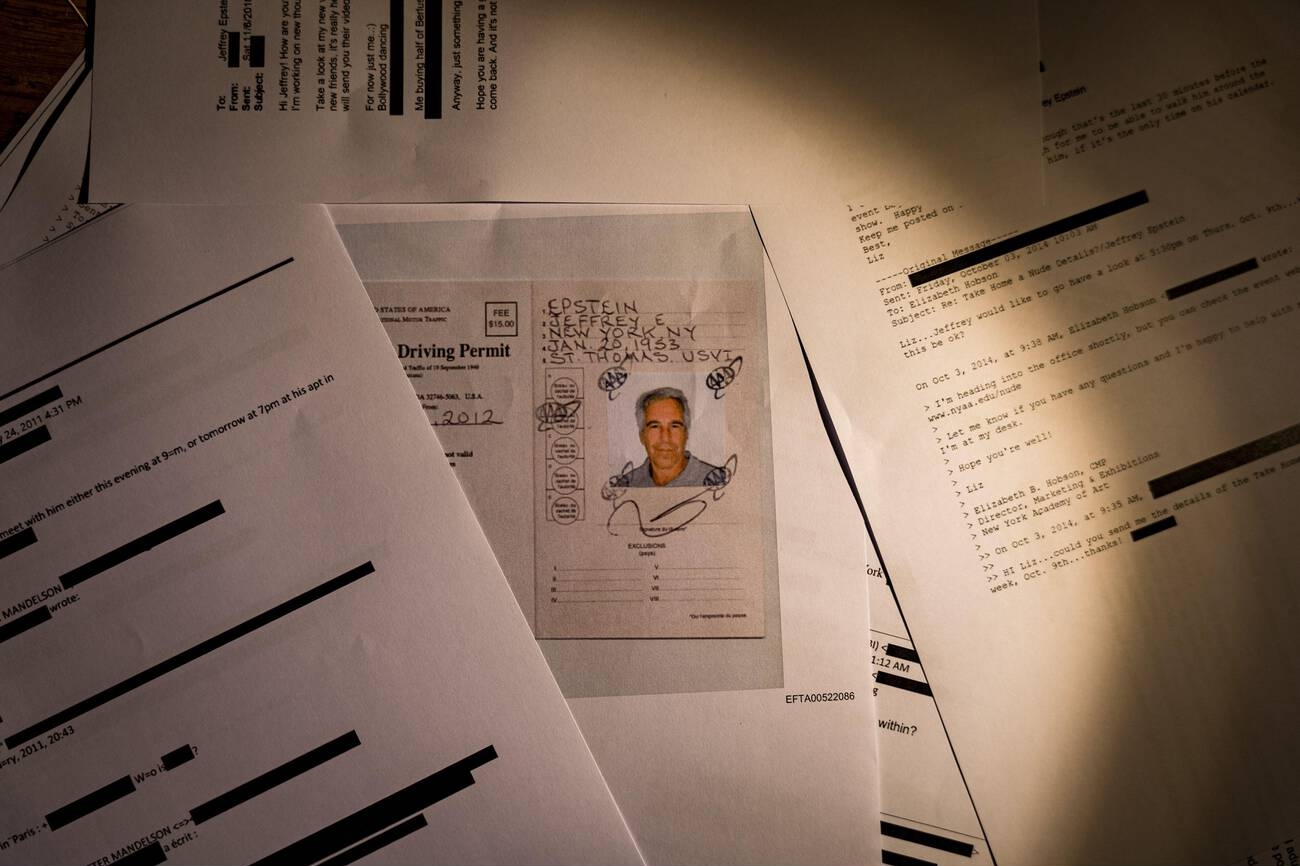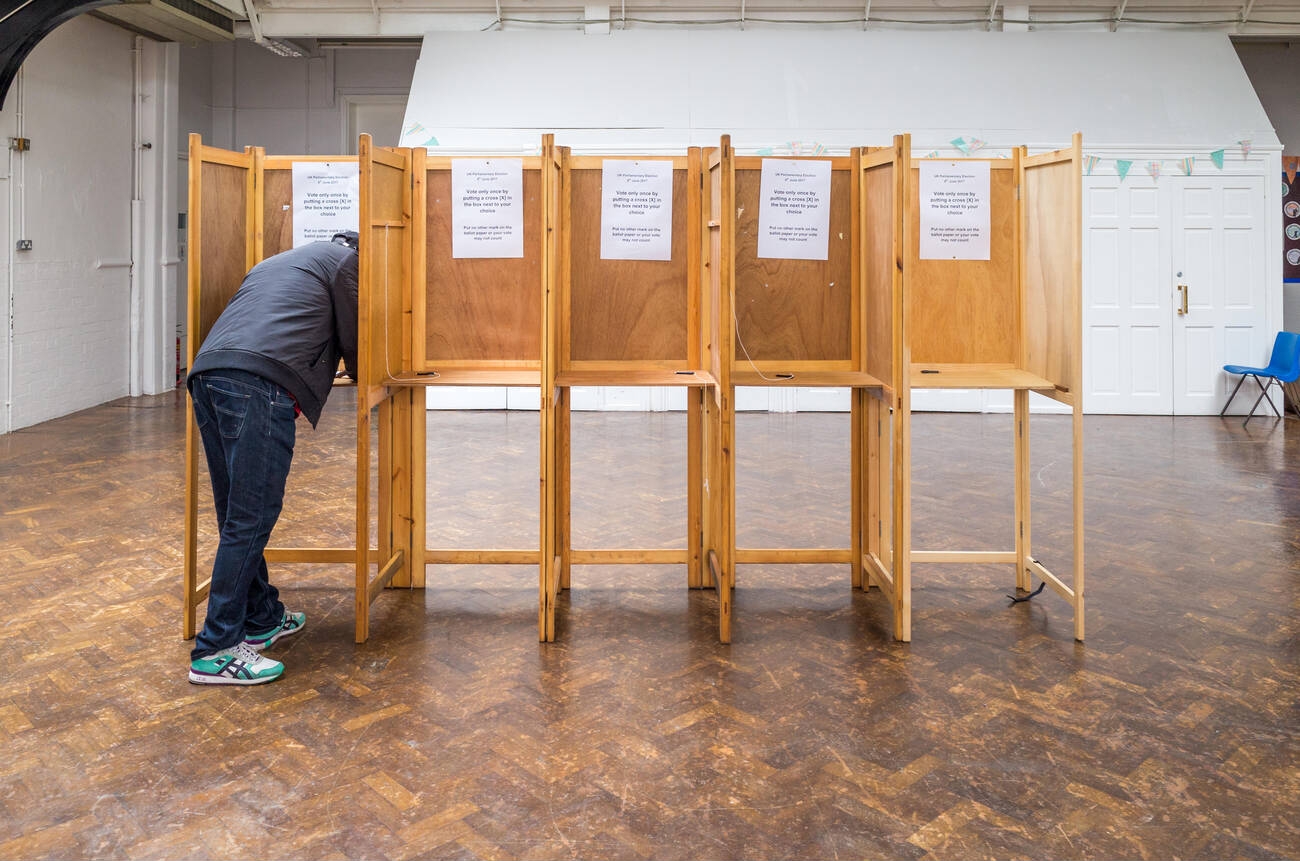UK Tenant Crisis Deepens as Homelessness Minister Resigns
The UK tenant crisis has reached crisis point with the resignation of the Britain Homelessness Minister. Labour MP Rushanara

The UK tenant crisis has reached crisis point with the resignation of the Britain Homelessness Minister. Labour MP Rushanara Ali was responsible for protecting tenants’ rights. She resigned in a dramatic fashion after it came to light that she had raised the rent on her own property by £700 a month. The move has been condemned by politicians as a wicked paradox of her ministerial mandate. Rents have reached record highs across the UK. This article discusses the UK rental crisis, focusing on a recent ministerial scandal, political failures, and the social impacts of the ongoing housing problem.
The Scandal That Fuelled Anger
The row came about when it turned out Ali, who campaigned for more protection for tenants, had levied her own tenants an increase in rent. The massive increase, as it was stated, left an enormous amount with the victim family. The public reacted quickly and angrily. Many saw the incident as a clear example of “rules for thee, but not for me,” and housing campaigners said she acted to undermine years of tenant advocacy and damage trust in the government’s commitment. Rental inflation was already making the UK tenant crisis worse. The scandal reminded people just how far politicians’ private actions can drift from their public responsibilities.
UK Tenant Crisis: Record Rents and Highest-Ever Prices
The UK private rented sector is facing record pressure. Private average rents in England reach record levels in accordance with latest housing authority data with London’s average monthly rents having topped the £2,200 mark for the very first time in history. Rents have gone up 8% to 12% in the last year alone in Manchester, Birmingham, and Bristol. There are not enough homes available for rent on the market. This shortage is forcing tenants to take part in bidding auctions and accept flexible agreements, with few able to secure long-term leases. The National Residential Landlords Association is still adamant that supply of housing is not keeping pace with demand, and so prices are rising. These conditions are feeding the UK tenant crisis and pushing increasingly more families into economic poverty.
Labour’s Troubled Housing Record
Labour has traditionally been a stronghold of working-class militancy and has fought for over four decades to construct more affordable housing and support vulnerable tenants. But its own critics say that it has failed to do so in its current leadership. In the first year of the new Labour administration, new house construction was reported to have fallen by just 7% when demand was rising due to population expansion and patterns of migration. Opposition MPs and housing experts say the drop in house construction reveals a gap between Labour’s promises and their actions. They believe this shows a disconnect between what Labour says and what it actually does. This failure, combined with ministerial distraction, has gone to fuel criticism that the party is not strong enough to control the UK tenant crisis.
Reasons behind the Housing Crisis
Traditionally, Britain’s housing crisis did not emerge overnight. Following policies such as “Right to Buy” of 1980s, England offered council house tenants to purchase council homes at discounted market value. The policy worked well for both tenants and the government in the short term. However, over time, it gradually reduced the amount of social housing without enough new homes being built to replace them. Local government dumped millions of housing units across the decades and undermined the safety net for low-income households. Land prices rising, land-use restrictions, and the desire to pursue costly developments rather than low-cost housing have all been the culprit. The roots of these mistakes go back several decades. Policymakers failed to correct them over time, and that failure still fuels today’s tenant crisis. If nothing changes, the crisis will keep growing—far beyond short-term political debates.
Homelessness and Social Consequences
In addition to the statistics, the crisis is also having long-term consequences on regular citizens. Charities are identifying increases in homelessness, with over 130,000 families already housed in temporary accommodation—a growth of over 12% in a twelve-month time alone. Families have to leave their area, and children’s education and health face disruption. Rising rents have made it more likely for people to lose their homes. As a result, more young adults are turning to shared housing or living with their parents well into their 30s. It was cited as evidence of an out-of-touch government when a homelessness minister had to resign in such a scenario. For some, the UK tenant crisis is not a theoretical policy concern—it’s a looming reality.
Government Promises vs. Reality
Labour housing policy is promises of a national “building blitz” to construct hundreds of thousands of new homes, and other protections for tenants. Policy experts warn, however, the schemes themselves would prove insufficient without structural reform. Local authorities have long failed to provide enough housing. Strict planning rules and resistance to using their powers have slowed down or blocked new housing developments. New development is also criticized as being planned to cater for wealthy buyers rather than poor tenants. Many people are now questioning whether politicians can truly fix the UK tenant crisis. They see a clear gap between what leaders promise publicly and how they act in their private lives. Rushanara Ali’s case has become a symbol of this double standard.
Placing it Into Perspective of Previous Political Scandals
It is not uncommon for a politician’s private financial actions to interfere with their public duties. The Ali incident is one such example. Past MP spend scandals concerning renting out tax-payers’ properties or home profit-making have already eroded public confidence. But this is in a unique category of circumstances since it occurs alongside one of the country’s largest crises. If the minister responsible for putting an end to homelessness is generating housing insecurity, it strikes at the very core of government credibility. This historical context makes the fallout even more severe and adds weight to demands for comprehensive reform to address the UK tenant crisis.
The Political Fallout
Ali’s resignation has had immediate political consequences. Opposition MPs have also been quick to accuse Labour of hypocrisy and the rank-and-file housing campaigners jumped in to apply pressure on Parliament to make drastic legislative reforms in a rush. The scandal is an embarrassment personally and also a test of political grit for the Prime Minister and Cabinet ministers. The public already doubted the government’s confidence, but to lose would be politically costly in the next few years. The coming months will show whether the government can regain control. They need to convince the public that they are serious about solving the UK tenant crisis.
Policy and Leadership Implications
Resignation is a caution for public leaders: private life must be brought in line with public office. Housing policy is not an economic issue—it’s a moral issue that affects millions. The UK rental crisis is growing and continues to dominate the headlines. Leaders will need to take responsibility for their own actions and decisions. Open decision-making, principle-driven instinct without hiding, and equitable use of principle are the foundations upon which credibility can be rebuilt. In the absence of it, the most ingenious housing policies will be met with public incredulity and resistance.
A Crisis that can be an Opportunity
Although the resignation brought discredit to Labour, it can be a wake-up call. The scandal put the UK tenant crisis onto a never-before-seen level of intensity, and this can be directed into building public pressure and political will for real change. If the government acts now to commit to building more low-income homes and strengthening tenants’ rights, it can turn this scandal into progress. Taking on the root causes of housing inequality will be key to real change. If it doesn’t, however, demonstrate clear moral leadership, the crisis will deepen—and the politicians-led trust deficit will grow.









